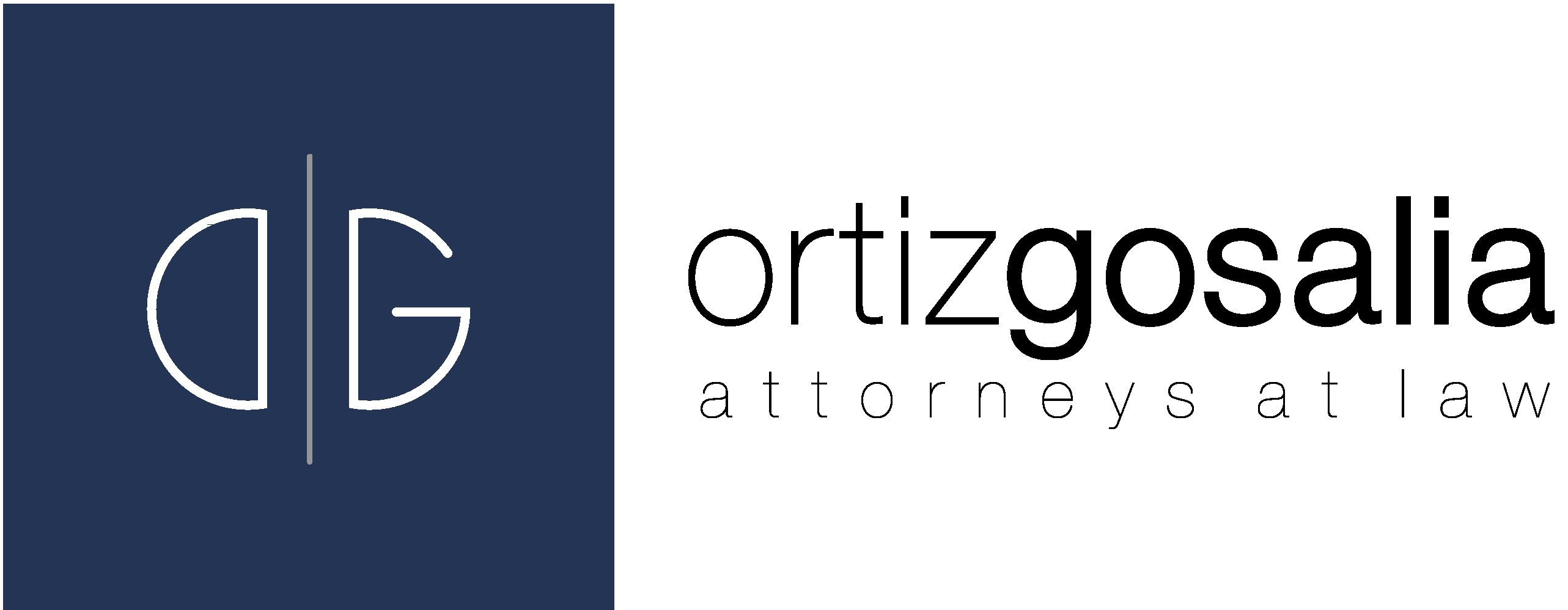
Call Now for a Consultation
1.425.633.2004
Our Blog
Discretionary Trusts – How to Protect Your Beneficiaries From Bad Decisions and Outside Influences
Category: Estate Planning
Leaving your hard-earned assets outright to your children, grandchildren or other beneficiaries after you die will make their inheritance easy prey for creditors, predators, and divorcing spouses. Instead, consider using discretionary trusts for the benefit of each of your beneficiaries. What is a Discretionary Trust? A discretionary trust is a type of irrevocable trust that is set up to protect the assets funded into the trust for the benefit of the trust’s beneficiary. This can
A resume is a “snapshot” of your experience, skill set, and education which provides prospective employers insight into who you are and how you will perform. Imagine not updating that resume for 5, 10, or even 15 years. Would it accurately reflect who you are? Would it do what you want it to do? Likely not. Estate plans are similar in that they need to be updated on a regular basis to reflect changes in
Trusts allow you to avoid probate, minimize taxes, provide organization, maintain control, and provide for yourself and your heirs. In its most simple terms, a trust is a book of instructions wherein you tell your people what to do, when. While there are many types of trusts, the major distinction between trusts is whether they are revocable or irrevocable. Let’s take a look at both so you’ll have the information you need: Revocable Trusts. Revocable
Estate planning attorneys are often asked where original estate planning documents – wills, trusts, powers of attorney, and healthcare directives – should be stored for safekeeping. While there is no right or wrong answer to this question, consider the following: Should you store your original estate planning documents in your safe deposit box? Many people may believe that the best place to store their original estate planning documents is in their safe deposit box at
Do You Own Rental Property? How Proactive, Comprehensive Estate Planning Can Help
Category: Estate Planning
A comprehensive estate plan should address all of your assets. For most people, an estate plan must include three common categories: (1) your home; (2) financial accounts, like your checking and savings account; and (3) personal property. Other types of assets – such as life insurance, retirement funds, and annuities – should also be considered as part of your estate plan. If you own rental property, however, your estate plan will be more complicated because
Copyright 2022 Ortiz & Gosalia, PLLC | A Website Design by Ahrens Technologies